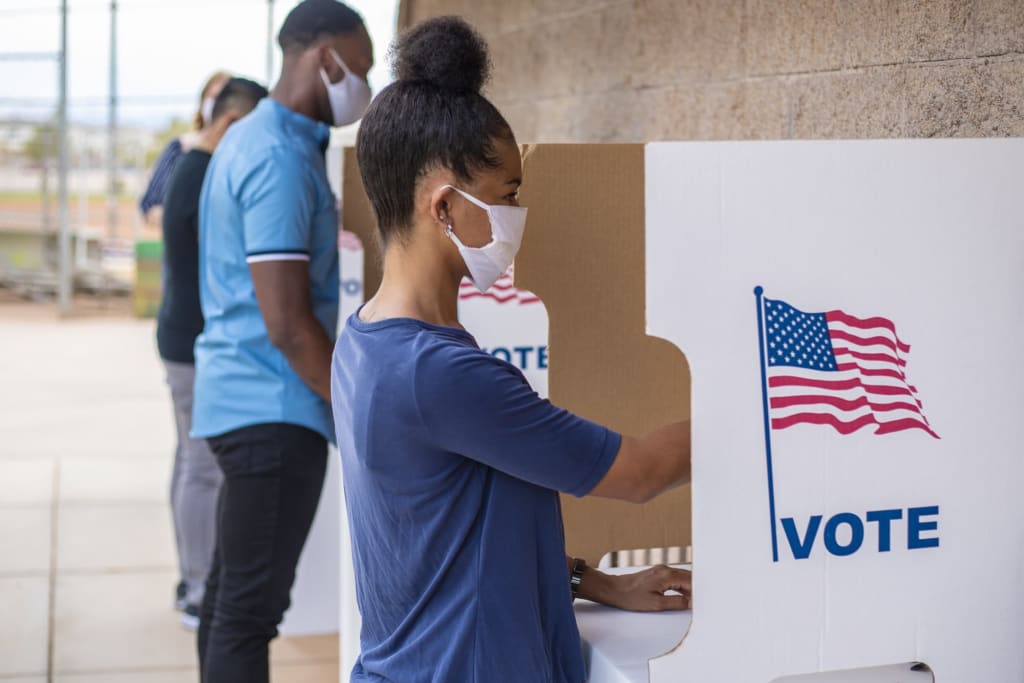Voter suppression is a threat to democracy that disproportionately affects marginalized communities, including Black students. The tactics used to suppress voting rights range from strict voter ID laws to the purging of voter rolls, making it difficult for individuals to exercise their right to vote. These practices have a particularly detrimental impact on Black students, who already face numerous barriers to accessing education and other opportunities.
One of the most common forms of voter suppression that impacts Black students is the implementation of strict voter ID laws. These laws require individuals to present a government-issued photo ID in order to cast a ballot, which can be difficult for students who may not have easy access to such documents. Many Black students come from low-income backgrounds and may not be able to afford the fees associated with obtaining a driver’s license or state ID. Additionally, students who attend out-of-state colleges may face additional challenges in obtaining the necessary identification to vote in their college town.
Another tactic used to suppress the Black student vote is the purging of voter rolls. This process involves removing individuals from the voter registration list, often for minor discrepancies or errors in their information. Black students are more likely to be targeted for voter roll purges due to factors such as frequent address changes or name variations. This can result in students being turned away at the polls on Election Day, effectively disenfranchising them from the electoral process.
In addition to these tactics, Black students also face barriers to voting such as limited access to polling locations on college campuses and restrictive voter registration deadlines. These obstacles make it difficult for students to participate in the democratic process and have their voices heard on issues that directly impact their lives.
The impact of voter suppression on Black students goes beyond the individual level and has far-reaching consequences for the community as a whole. When students are unable to vote, their perspectives and experiences are not represented in the decision-making process, leading to policies that may not adequately address the needs of Black communities. This perpetuates systemic inequality and perpetuates the marginalization of Black voices in the political arena.
It is crucial that steps are taken to combat voter suppression and ensure that all individuals, including Black students, are able to exercise their fundamental right to vote. This includes advocating for policies that make it easier for students to register and cast their ballots, as well as educating individuals about their voting rights and how to navigate the electoral process. By working together to overcome voter suppression, we can create a more equitable and inclusive democracy for all.
